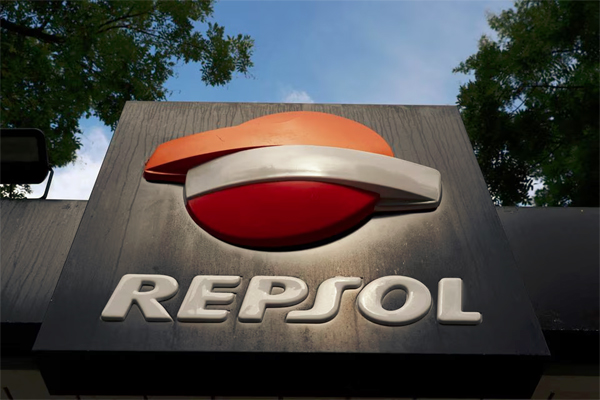- U.S. OKs firms’ proposal to supply refined products to PDVSA
- Oil, gas ventures potentially could be expanded in a next phase

Marianna Parraga, Reuters
HOUSTON
EnergiesNet.com 08 30 2023
European oil majors Eni (ENI.MI) and Repsol (REP.MC) plan to expand an oil-for-debt deal with Venezuela under U.S. approval, aiming to supply refined products to state firm PDVSA and boost oil deliveries to Europe, three people close to the matter said.
As Western sanctions last year cut the flow of Russian oil to Europe, Eni and Repsol received authorization from the U.S. State Department to take Venezuelan crude and process it in European refineries, to recoup accumulated debt and dividends from their joint ventures in the South American country.
The original “comfort letters” created exemptions to U.S. sanctions on Venezuela’s oil industry that have curtailed the OPEC member’s oil exports since 2019. But they did not allow oil swaps and banned cash payments to PDVSA, an arrangement that irked the Venezuelan firm.
Under the revised terms, Eni and Repsol can supply the state company with fuels, potentially helping Venezuela ease an intermittent scarcity that has led to long lines at gasoline stations in recent years.
The first fuel delivery under the expanded agreement, consisting of some 330,000 barrels of naphtha, is scheduled to arrive in PDVSA’s Cardon port this week from Italy’s Milazzo refinery, operated by a consortium of Eni and Kuwait Petroleum, according to Refinitiv Eikon data.
PDVSA did not reply to a request for comment. Eni and Repsol were not immediately available to respond to a Reuters request for comment.
A U.S. State Department spokesperson has said it would not discuss “specific communications with companies.” The White House declined comment.
Since the U.S. imposed oil sanctions on Venezuela in 2019, oil swaps have provided ways for companies to receive payment for joint-venture debt, sometimes also securing refined products PDVSA can distribute domestically.
Crude received by Eni and Repsol under their swap deal has mostly been sent to Repsol’s refineries in Spain. But PDVSA has only allocated seven oil cargoes so far this year to Eni, which acts as offtaker for both firms, limiting the deal’s reach.
SIMILAR DEALS
Since the U.S. Treasury in November separately granted a license to oil major Chevron (CVX.N) to expand operations in Venezuela and export crude from its joint ventures to U.S. refiners, several companies have sought similar deals.
U.S. President Joe Biden’s administration is drafting a proposal that could ease sanctions on Venezuela’s oil sector, allowing more companies and countries to import its crude oil, if the South American country moves toward a free and fair presidential election, sources said this month.
Eni is also in initial talks with PDVSA to increase output at their joint shallow-water project Corocoro, which has been producing crude intermittently since 2021, aiming at resuming exports of that grade, which remains frozen since 2019.
The field is run by the Petrosucre joint venture between Eni and PDVSA. Before U.S. sanctions, it was producing some 24,000 barrels per day of oil, but it has produced only 2,200 bpd so far this year, according to independent analysts.
In July, PDVSA inspected a floating platform at the field to assess remaining inventories and available storage to avoid a total halt on production, a separate source said.
If current talks between Eni, Repsol and PDVSA prove successful in continuing to expand their joint businesses, a separate offshore project, Perla, which provides natural gas for power generation, could ultimately expand output, the people said.
The Perla project in Venezuela’s Gulf near the maritime border with Colombia currently allows PDVSA to buy about 550 million cubic feet per day (mmcfd) of natural gas produced by Eni and Repsol at international prices. Its second phase would expand output to 800 mmcfd.
The parties also hope to export any future surplus of associated natural gas liquids and condensate the project produces, which would require additional authorization by Washington.
Reporting by Marianna Parraga; Additional reporting by Francesca Landini in Milan, Pietro Lombardi in Madrid, Mircely Guanipa in Maracay, and Matt Spetalnick in Washington; Editing by David Holmes
reuters.com 08 29 2023












